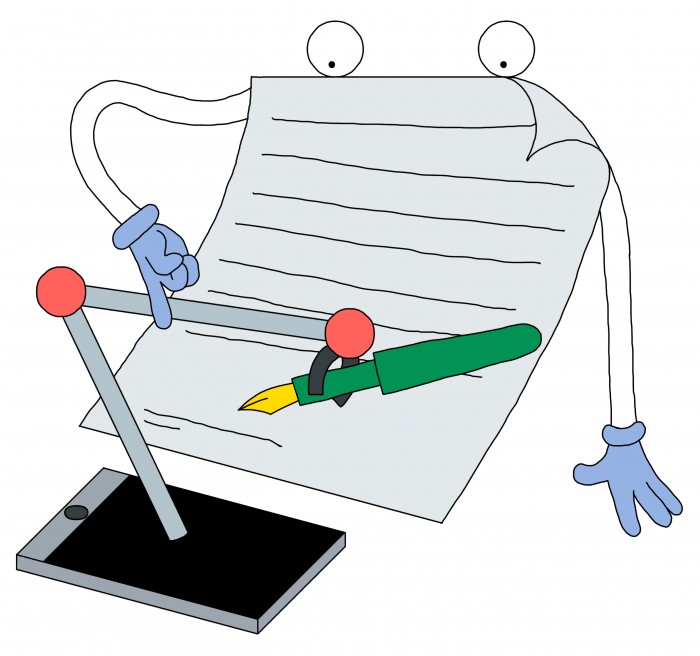How Encrypted Weather Data Could Help Corporate Blockchain Dreams Come True

In the era of fake news, professor and cryptographer Ari Juels is preparing to launch an online service designed to provide the most trustworthy information on the Internet. But Town Crier, scheduled to launch Monday, is for the benefit of machines, not humans.
The downside is that a smart contract is only as trustworthy as the data it draws on. Juels, a professor at Jacobs Technion-Cornell Institute in New York, says that is limiting progress on making the concept practical. Smart contracts can’t simply scrape data from the Web, because existing systems don’t provide a way to verify that the data a contract is acting on hasn’t been tampered with, he says: “Because you don’t have good sources of data, there’s not a lot you can do right now with smart contracts.”
The Town Crier service launching next week is designed to showcase software of the same name that Juels and colleagues at Cornell say offers a solution. Their system pulls in data such as weather reports over an encrypted connection, and repackages it into feeds for use by coders building smart contracts. Town Crier’s feeds wrap data in cryptography that allows outsiders to verify the data’s source and confirm that it hasn’t been altered.
Smart contracts are a favorite idea of the banks and venture capitalists that have plowed millions into blockchain technology, an approach to managing data and money inspired by the digital currency Bitcoin (see “Blockchain Primer”). Town Crier is built to integrate with Ethereum, a cryptocurrency and smart-contract platform with a total value of $8.4 billion, which has been endorsed by corporate giants including UBS and Microsoft.

Vitalik Buterin, cofounder of Ethereum, hopes Town Crier can help translate more of the enthusiasm about smart contracts into action. “The lack of data feeds from the outside world is definitely a large impediment, and Town Crier could go far in mitigating this issue,” he says.
The Cornell researchers plan to release Town Crier as open-source software for others to use. The demonstration service launching next week will provide feeds of data including stock prices, weather reports, flight information, cryptocurrency exchange rates, and UPS package tracking. Longer term, a commercial version is planned.
Town Crier’s design also allows smart contracts to hide the data they are using from everyone but the parties to the contract. The default on blockchain systems like Ethereum is generally for all transaction data to be visible to all.
David Yermack, chair of the finance department at New York University, says those privacy features could help address another challenge for financial companies interested in blockchains. “Privacy is a huge issue for people looking into distributed-ledger technology,” he says. “The clients, banks, and regulators put a very high premium on secrecy.”
Keep Reading
Most Popular
Large language models can do jaw-dropping things. But nobody knows exactly why.
And that's a problem. Figuring it out is one of the biggest scientific puzzles of our time and a crucial step towards controlling more powerful future models.
How scientists traced a mysterious covid case back to six toilets
When wastewater surveillance turns into a hunt for a single infected individual, the ethics get tricky.
The problem with plug-in hybrids? Their drivers.
Plug-in hybrids are often sold as a transition to EVs, but new data from Europe shows we’re still underestimating the emissions they produce.
Stay connected
Get the latest updates from
MIT Technology Review
Discover special offers, top stories, upcoming events, and more.